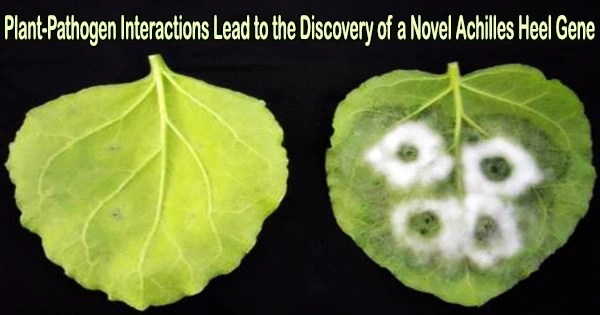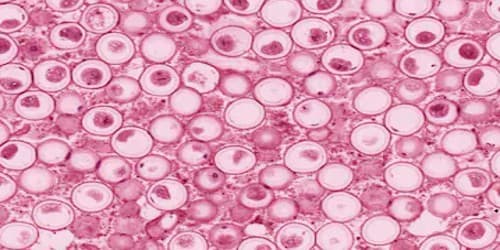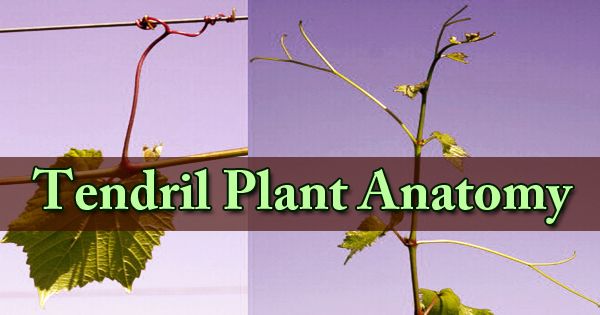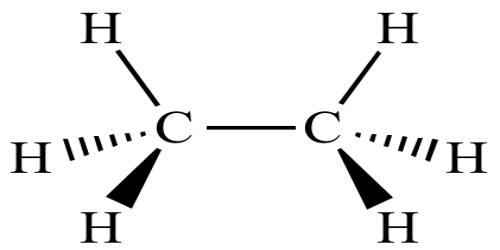Plant-pathogen interactions refer to the dynamic relationships between plants and pathogens, which are disease-causing microorganisms such as bacteria, fungi, viruses, nematodes, and other pests. These interactions can have significant impacts on plant health, agriculture, and ecosystems.
Many different plant host proteins can have their activities altered by pathogens in order to promote growth and reproduction.
The majority of plants have particular intracellular receptors that protect these proteins from interference by pathogen effector proteins and cause cell death to terminate infection. Understanding the mechanisms and outcomes of plant-pathogen interactions is crucial for developing effective strategies to manage plant diseases and maintain crop productivity.
Members of the DA1 family of growth-regulatory enzymes have been discovered to be the targets of effectors released by the oomycete pathogen Albugo candida, which is responsible for the common disease white blister rust in Brassica crops.
DA1 activity is necessary for Albugo development in sensitive Arabidopsis accessions, according to experiments and genetic analyses. This is promoted during Albugo infection by the degradation of DAR3 which inhibits DA1 activity.
We have discovered a new Achilles Heel in Arabidopsis that modulates growth in response to infection by the white rust pathogen. By linking the DA1 growth regulatory mechanism to pathogen effector action, this work enlarges the range of regulatory mechanisms targeted by pathogens and adds to our knowledge of plant growth in the environment.
Dr. Benguo Gu
They propose that a putative effector from Albugo is involved in DAR3 destabilization. In resistant plants DAR3 is guarded by the paired immune receptor CSA1-CHS3/DAR4 containing an Integrated Domain derived from DAR3.
The research is important because it expands the variety of methods that viruses can utilize to their advantage and helps to clarify how immune receptors function.
Dr. Benguo Gu, working with Professor Mike Bevan in The Cell and Developmental Biology Dept, at the John Innes Centre said, “We have discovered a new Achilles Heel in Arabidopsis that modulates growth in response to infection by the white rust pathogen.”
“By linking the DA1 growth regulatory mechanism to pathogen effector action, this work enlarges the range of regulatory mechanisms targeted by pathogens and adds to our knowledge of plant growth in the environment.”
















